June 2, 2015
A relaxed office environment and rapid career progress are key for Millennials
 The latest research on the aspirations of so-called Millennial workers (born 1980 – 1999) reveals a cohort that wants to rise up the career ladder as quickly as possible, but do so in a less traditional workplace than previous generations. According to a whitepaper – ‘Attracting and Retaining Millennial Professionals’ from recruitment firm Robert Walters, 91 percent of Millennials say the opportunity for rapid career progression is one of the most important things about their job, with 68 percent citing a clear path to grow in a role is the most important factor in keeping them engaged. While Millennials are not that different from their older colleagues – they favour a more relaxed working environment where technology is seamlessly integrated into their working practices. They also place a higher value on personality, communication skills and fit within a team than they do on hard technical skills.
The latest research on the aspirations of so-called Millennial workers (born 1980 – 1999) reveals a cohort that wants to rise up the career ladder as quickly as possible, but do so in a less traditional workplace than previous generations. According to a whitepaper – ‘Attracting and Retaining Millennial Professionals’ from recruitment firm Robert Walters, 91 percent of Millennials say the opportunity for rapid career progression is one of the most important things about their job, with 68 percent citing a clear path to grow in a role is the most important factor in keeping them engaged. While Millennials are not that different from their older colleagues – they favour a more relaxed working environment where technology is seamlessly integrated into their working practices. They also place a higher value on personality, communication skills and fit within a team than they do on hard technical skills.










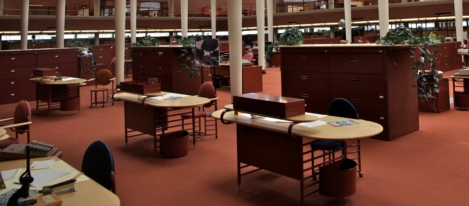
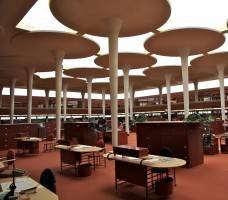




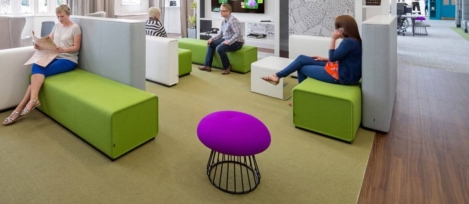


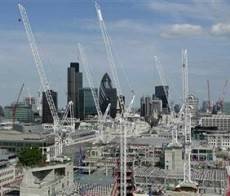



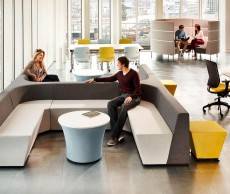










June 2, 2015
The bonds that link work with place are loosening day by day
by Paull Robathan • Comment, Flexible working, Technology, Work&Place
(more…)